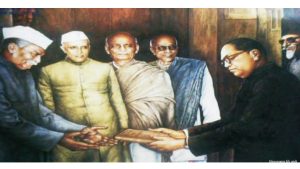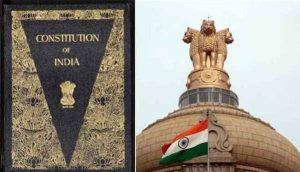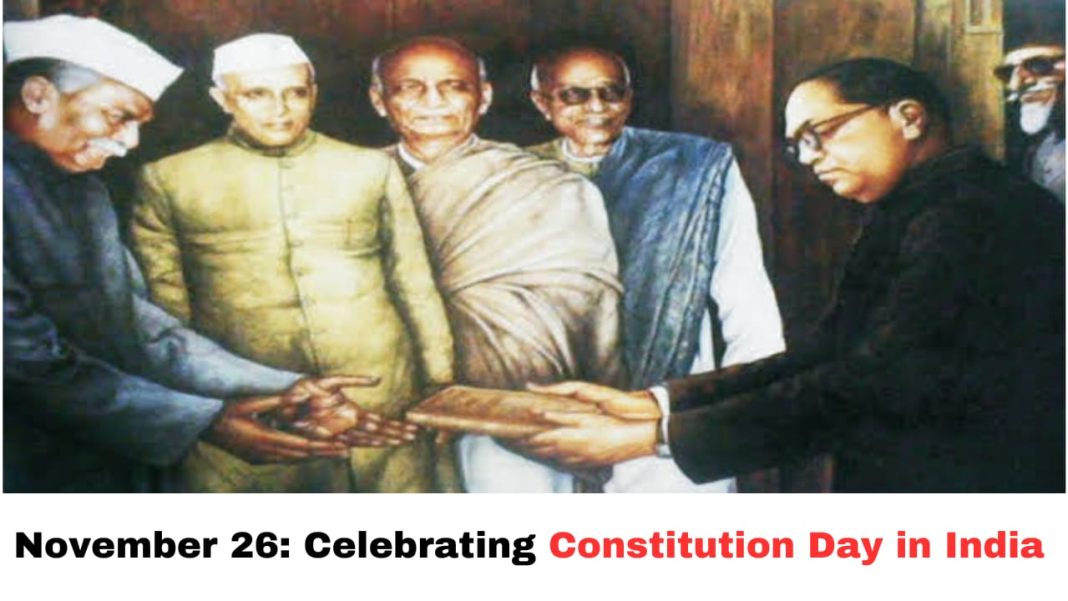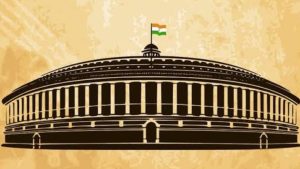Digital News Guru Education Desk:
Constitution Day, or Samvidhan Divas, is observed annually on November 26 in India to honor the adoption of the Constitution by the Constituent Assembly in 1949. The day is a tribute to the visionary leadership of Dr. B.R. Ambedkar and other architects of the Constitution, reflecting on the values of justice, equality, liberty, and fraternity enshrined in this foundational document.
Historical Significance
The Indian Constitution was crafted over nearly three years (1946–1949) by a Constituent Assembly comprising leaders from diverse backgrounds. Dr. B.R. Ambedkar, as the chairman of the Drafting Committee, played a pivotal role in shaping the document, often referred to as the world’s largest written constitution. The Constitution formally came into effect on January 26, 1950, which is celebrated as Republic Day. However, the adoption date, November 26, is equally significant, marking a decisive step in India’s journey as a democratic republic.

The first official Constitution Day was celebrated in 2015, coinciding with the 125th birth anniversary of Dr. Ambedkar. The day was instituted to promote awareness about the Constitution’s relevance and to reinforce the importance of civic duties and fundamental rights.
Why Celebrate Constitution Day?
Constitution Day was first observed in 2015, on the 125th birth anniversary of Dr. B.R. Ambedkar. The government declared November 26 a day to honor the document that serves as the cornerstone of India’s democracy. The celebrations aim to:
- Promote awareness about the importance of the Constitution.
- Encourage citizens to reflect on their rights and responsibilities as enshrined in the document.
- Pay tribute to the vision of the Constituent Assembly and the leaders who crafted the Constitution.
Key Features of the Indian Constitution
The Indian Constitution establishes the framework for governance and embodies principles that ensure India’s status as a sovereign, socialist, secular, and democratic republic. Key highlights include:
- Fundamental Rights and Duties: It grants six fundamental rights to all citizens, such as equality, freedom, and protection against exploitation, while also specifying duties.
- Directive Principles: Non-enforceable guidelines for governance aimed at achieving social and economic justice.
- Federal Structure: A clear division of powers between the Union and State governments.
- Judicial Review: The judiciary’s authority to ensure laws align with constitutional provisions.
Constitution Day 2024: Celebrations and Discussions
This year marks the 75th anniversary of the Constitution’s adoption. Commemorations across India include:
- Events in Samvidhan Sadan: Dignitaries, including President Droupadi Murmu, Vice President Jagdeep Dhankhar, and Prime Minister Narendra Modi, are scheduled to address a ceremonial gathering in the Central Hall of Parliament. The discussions aim to reflect on the Constitution’s journey and its role in shaping India’s democracy.
- Supreme Court Observances: PM Modi will also participate in celebrations at the Supreme Court alongside Chief Justice Sanjiv Khanna and other dignitaries. These events underline the judiciary’s role in safeguarding constitutional principles.
- Public Participation: Schools and colleges are organizing debates, quizzes, and Preamble readings to spread awareness about the Constitution. Discussions focus on its historical evolution, amendments, and contemporary relevance.
Citizen Responsibilities on Constitution Day
While the Constitution guarantees fundamental rights, it also outlines fundamental duties for citizens. These duties remind individuals of their role in nation-building and include:
- Respecting the Constitution and national institutions.
- Promoting harmony and brotherhood among diverse communities.
- Protecting the environment and preserving public property.
Constitution Day serves as a reminder that democracy thrives when citizens actively participate in its processes, uphold ethical values, and contribute to societal progress.
Broader Impacts and Reflections
Constitution Day serves as a reminder of the enduring relevance of democratic values. It encourages citizens to not only celebrate their rights but also commit to their responsibilities, fostering a more informed and participatory democracy.

As challenges to democratic governance evolve globally, India’s Constitution remains a symbol of resilience, guiding the nation through its pluralistic and multicultural ethos. Observances of this day also emphasize the role of every citizen in upholding constitutional values, ensuring justice and equality for future generations.
You May Also Read: Ram Gopal Varma Faces Legal Action Over Alleged Defamation of Andhra Pradesh CM Chandrababu Naidu









